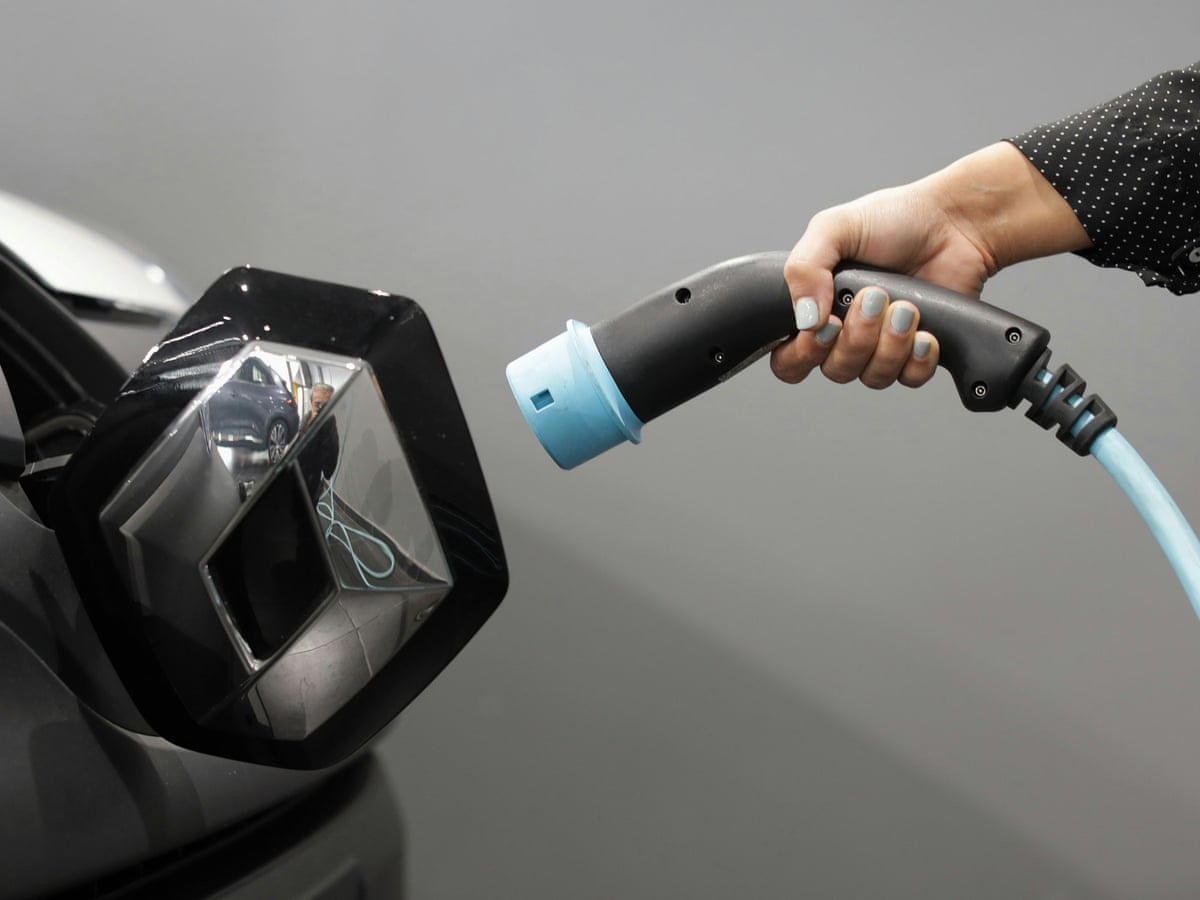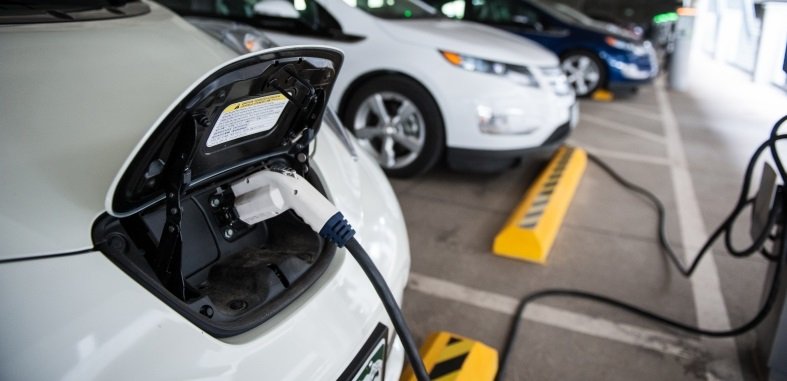This lucky accidental discovery could turn the battery world upside down
The following written content from William Lockett from an earlier post

Every now and then, revolutionary technology seems to spontaneously appear out of thin air and change our world. Dynamite, penicillin, X-ray machines, and even microwaves are all examples of such revolutionary accidental discoveries.
Well, this year we may have had yet another. However, this time it is set not only to revolutionise the way we live, but potentially save our planet from looming climate change by unlocking an elusive technology: lithium-sulfur batteries.
For decades, we have been searching for the best technology to power our modern lifestyle and enable clean technology, like electric cars. Since the early ‘90s, the battery technology of choice has been lithium-ion.
Every now and then, revolutionary technology seems to spontaneously appear out of thin air and change our world. Dynamite, penicillin, X-ray machines, and even microwaves are all examples of such revolutionary accidental discoveries.
Well, this year we may have had yet another. However, this time it is set not only to revolutionise the way we live, but potentially save our planet from looming climate change by unlocking an elusive technology: lithium-sulfur batteries.
Our battery tech of choice — lithium-ion — has some severe downsides.
For decades, we have been searching for the best technology to power our modern lifestyle and enable clean technology, like electric cars. Since the early ‘90s, the battery technology of choice has been lithium-ion.
It powers everything from phones and Teslas to energy grid backup facilities and even satellites. But despite the fact they have brought us into the 21st century, they have some severe downsides.
First, the materials that are needed to build them, like cobalt, are typically very environmentally damaging to mine. They destroy vast ecosystems and even leach out toxic chemicals. (In practice, there is also a humanitarian question, as some of these mines’ working conditions are deadly and use child labour.)
Then there is the lifecycle problem. We demand quicker charge times from our devices. This goes for everything from phones to cars. But, as anyone with a smartphone will tell you, lithium-ion batteries can quickly lose capacity if you repeatedly charge them quickly.
Battery degradation is a serious worry, particularly for the EV world. Secondhand EVs can sometimes be useless if the battery is spent, which will cost a small fortune to replace. Overall, this is slowing down EV adoption and also means that electronic waste, which is already a considerable problem, will only worsen.
There is also a density problem. Lithium-ion packs are relatively energy-dense, but they are still quite heavy, large, and bulky. This limits electric cars’ range because the batteries are so heavy, and it makes the batteries unfeasible for some applications, like commercial electric planes and ships.
There is even a fire problem with lithium-ion batteries, as a damaged cell can spontaneously catch on fire and burn intensely. Just look at what happened with some of Samsung’s old phones (Note 7) and the Rimac EV that Richard Hammond crashed.
This is why scientists at Drexel were looking into a brand new type of battery, known as lithium-sulfur.
On the surface, lithium-sulfur seems to solve all of lithium-ion’s problems. It uses far less ecologically harmful materials, can be cheaper to produce, can be up to three times more energy-dense (meaning a lighter battery) and is far less likely to catch fire. All without compromising charge speeds.
So, what’s the catch? Why don’t we already have them?
Well, they have one huge problem. While a lithium-ion battery can be useable for around 2000 charge cycles, lithium-sulfur is typically limited to around only half that. So, after a year or two of proper use, a lithium-sulfur battery is basically dead. Read more from Freethink





